
Leukemia is a type of cancer affecting the blood and the bone marrow. This cancer causes an abnormal increase in white blood cells and affects both children and adults. Almost 90% of all leukemia cases are diagnosed in adulthood. The number of patients who die due to this disease is extremely high. Statistics reveal that every year more than 200.000 people, kids and adults, die because of some form of leukemia.
How to Treat Leukemia?
Someone diagnosed with acute leukemia needs to be treated right away without any delay. Chronic leukemia, on the other hand, may not require any prompt treatments, especially if there are no leukemia symptoms in children or adults.
What treatment will be used for a specific patient depends on the type of leukemia, certain features of the leukemia cells, patient’s symptoms, age and his/her general health. Earlier treatments for leukemia and the presence of leukemia cells in the cerebrospinal fluid (CSF) are also important factors determining the course of action against this type of cancer. Commonly used treatments for leukemia are chemotherapy, high dose chemotherapy with stem cell transplant, biological therapy or some surgical procedures. Your doctor may also recommend some other drug therapy or donor lymphocyte infusion if you are suffering from leukemia.
Decision about leukemia treatment is something patients, their family and doctors should all agree upon. Also, you might want to get a second opinion about your condition or your insurance company might request that. You could be referred to leukemia specialists, such as hematologists or medical or radiation oncologists. Children suffering from this cancer are usually treated by hematologists or pediatric oncologists.Leukemia Radiation Therapy
Radiotherapy (also known as radiation therapy) uses the energy of X rays or some other high energy rays to kill cancer cells in patient’s body. Leukemia patients are usually exposed to radiation originating from large machines, which affects the parts of the body where leukemia cells have collected. For instance, leukemia patients might be exposed to direct radiation of the spleen, the brain or any other organ, but some patients may also receive whole body radiation (total-body radiation). This is a common procedure performed in clinics or hospitals, especially before bone marrow transplant.
Patients may experience extreme tiredness after these treatments but doctors usually advise activity instead of resting. Some patients could complain about redness, tenderness or dryness of the skin of the treated area(s) of the body. A combination of radiotherapy and chemotherapy is known to cause even worse side effects. If you happen to notice any of these problems, consult your doctor for these could be easily solved.


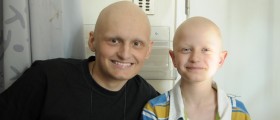

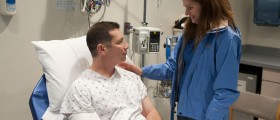
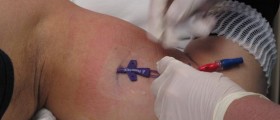
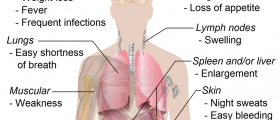

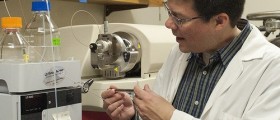
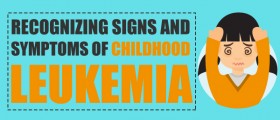


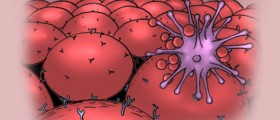


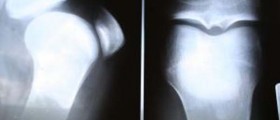
Your thoughts on this
Loading...